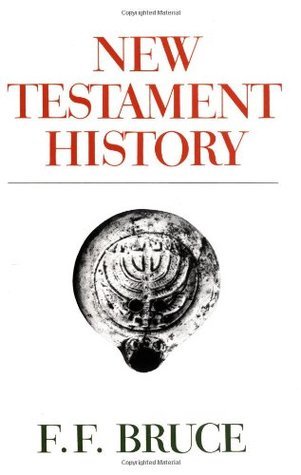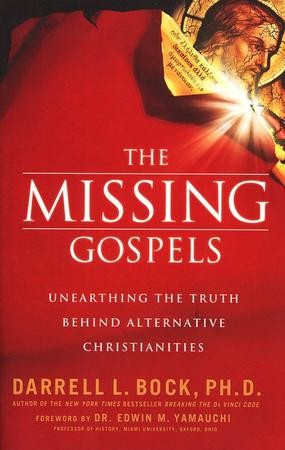First question, Peter was an illiterate fisherman, so scholars believe that he attracted a man of letters as a companion?Authorship:
There is no propaganda value to early Christians attributing two of the gospels to low-ranking, obscure Christians. That's what makes it seem credible. Luke's Gospel is probably reliably attributed to a companion of Paul named Luke. Mark's Gospel is probably reliably attributed to Peter's companion Mark. Gospel of Mathew probably isn't directly written by the apostle Mathew but may be based on part on earlier writings he wrote in Hebrew attesting to some of the sayings of Jesus. I don't know enough about the Gospel of John, other than it was probably written after 90 AD long after John the Apostle should have been deceased.
Historicity of Important New Testament figures:
A combination of archeological evidence, and independent first century literary sources outside the Christian canon support that Pontius Pilate, John the Baptist, Jesus of Nazareth, and his brother James were real historical figures.
Crucifixion:
The Jews of the early first century would never have expected the Messiah to be arrested and crucified as a common criminal. It's not a story they would have made up out of whole cloth. The fact that the apostles dispersed and ran away like rats from a sinking ship is not a flattering story and would not have just been made up.
Resurrection:
In antiquity, women would not have been considered reliable witnesses. Only a man's testimony would have been given credibility. The Gospels report that it was women who first found the empty tomb; this does not sound like a story made up from whole cloth.
That the apostles seem to believe they saw Jesus after his crucifixion is not a later legendary account added to the canon. This belief goes all the way back to the original eyewitness and to the earliest days of the Jerusalem church, as attested to in Corinthians. The fact that some of the apostles were willing to die and be persecuted for believing they had seen Jesus after the crucifixion is difficult to square with a claim that the story was simply something they conspired to make up in a tavern over carafes of wine. That doesn't necessarily mean Jesus came back from the dead, only that the apostles genuinely believed they had seen him after he was thought to be dead.
Bart Erhmann and other scholars believe he was more likely a companion of Paul and Barnabus who were educated men, unlike Peter.




